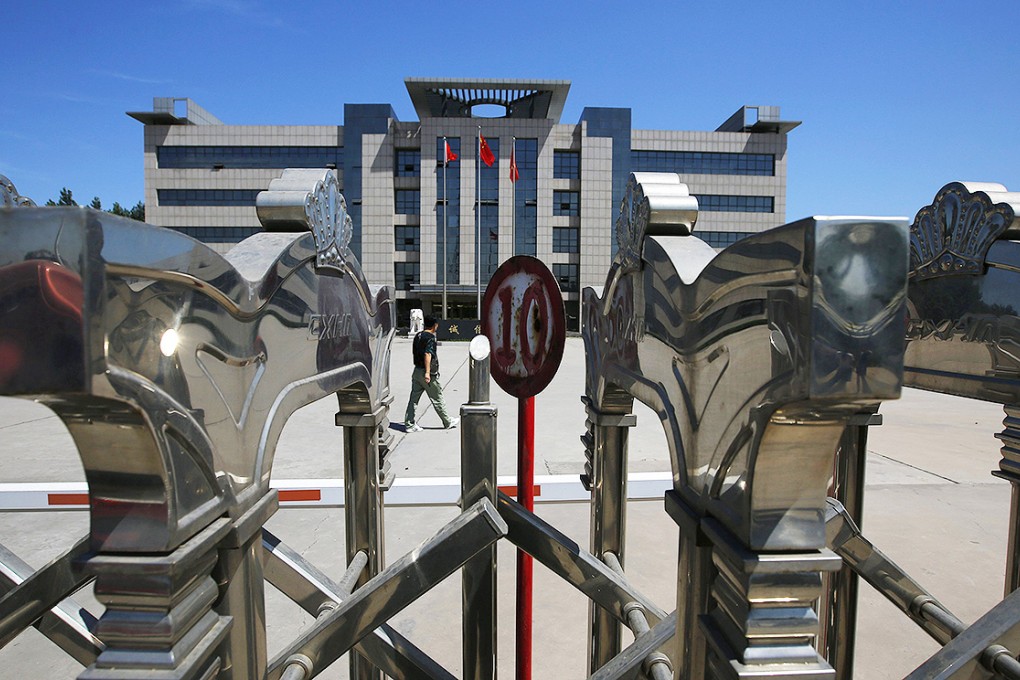Bosses at China's state-owned enterprises face pay cuts of up to 50pc
Xi's bold reform plan aims to shake up top management at major state-owned enterprises

Officials in charge of China's state-owned enterprises face pay cuts of up to 50 per cent and new job descriptions under a reform plan approved by President Xi Jinping.
Xi said at a meeting on Monday that China needed to speed up reform targeting the salaries of top executives at SOEs. He also approved a seven-year overhaul of their management structure.
Sources say the reform plan involves two steps.
The first is to cut the salaries of top executives at major SOEs, particularly those in finance and banking. Some may have to take a 50 per cent pay cut.
The second step is to gradually change their job responsibilities. The government-appointed officials will probably join the board of directors. The day-to-day operations will be handled by senior managers recruited from outside, with salaries in line with international standards.
The new model will be similar to that of the MTR Corporation in Hong Kong. As the major shareholder, the Hong Kong government appoints three representatives to the board of directors to ensure the firm follows its policy direction. The day-to-day operations, however, are run by top managers hired through an open recruitment process.
The reform is to address public discontent over the ambiguous status of top SOE managers, particularly those in charge of the so-called central enterprises directly under the State Council. Most of these top executives carry a vice-ministerial or ministerial-level ranking that comes with perks and privileges. At the same time, they are paid like top Western business executives and earn many times more than their fellow officials.